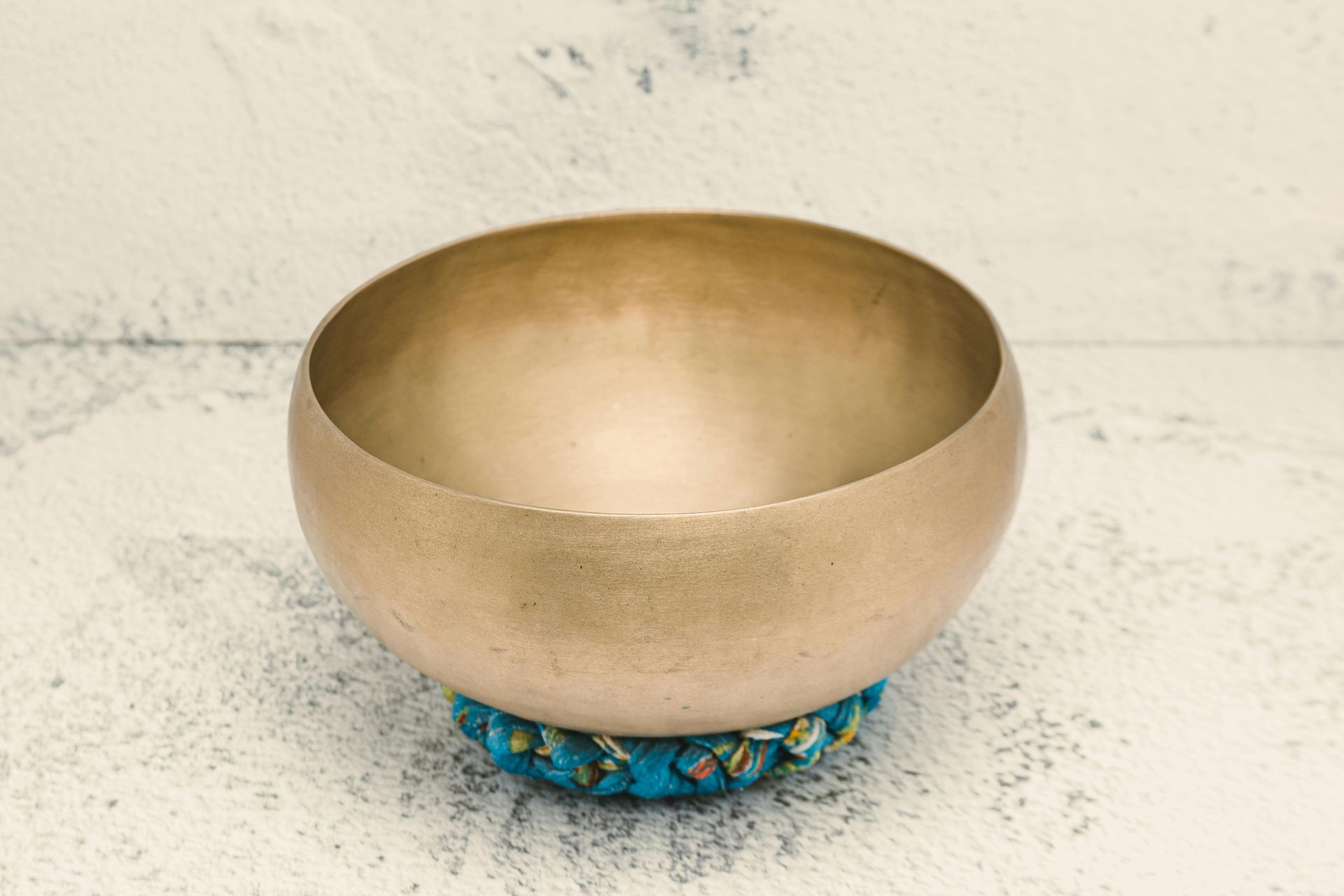Natural treatments for anxiety
Anxiety is strongly influenced by your physiology & biochemistry
Almost every client I have worked with has reported that they feel anxiety.
It is often not your thoughts and beliefs making you overly anxious and excessive time in talk therapy wont help you because the cause starts in your body.
It starts with an imbalanced system due to stress, poor breathing and posture, nutrient deficiencies, dehydration, toxicity, sleep deprivation and sedentary behaviour. Without addressing the physiology and biochemical aspects, talk therapy and medication are only band aid approaches which will cost you more on the long run than it is worth.
So let's talk about what a natural anxiety treatment is all about and what are some of the things you can start today to improve your health.
- Learn how to breathe: Shallow, rapid, chest breathing done through your mouth is a super stressor on body and brain. When you breathe like this, it triggers your amygdala (your anxiety centre) making you anxious and unable to think.
- TIP: always breathe through the nose, using your diaphragm - breathe in through the nose for 5 seconds, out through the nose for 5 seconds, hold for 2 seconds. This type of breathing support parasympathetic activation meaning you will feel relaxed in a 5 minutes of doing this. Practice this throughout the day and don't wait for anxiety to hit before using it.
- Correct your posture: If you have bad posture and suffer from injuries and difficulties exercising this can stress your brain and keep your body in sympathetic overdrive, meaning you will have more cortisol, which a stress hormone, that can make you anxious and depressed. A bad posture also has negative implications for your breathing, slouching leads to more chest and shallow breathing.
- TIP: Find a practitioner who specialises in posture alignment and work with them to improve your health. Thought the day ensure you keep an upright posture and avoid slouching.
- Avoid being sedentary and walk daily: Sitting down for more 30 minutes leads to inflammation, insulin resistance and poor circulation. When we sit for 8 hours per day important nutrients and oxygen needed for proper brain function are not delivered optimally, meaning your mood and cognition will suffer. Further, as the body becomes more inflamed this also impacts your brain and your mood.
- TIP: get off the chair every 20-30 minutes. Set an alarm or consider using a standing desk for work. Ensure that you get daily walks (preferablt in nature preferably, avoid gyms) and aim for a minimum 10,000 steps.
- Keep regular sleep, wake and eating hours: Every cell in your body has a circadian clock. When you have no routine the body is confused and not running at its peak. If you keep the same sleep and wake hours then the body will know that it needs to produce certain hormones at a certain time to ensure proper sleep. The same thing happens with eating. If your body knows that at 8am you eat your brekky then it will produce more of the right gastric secretion ensuring better digestion and absorption of nutrients.
- TIP: Go to bed and wake up at the same time everyday including weekends. Keep regular breakfast, lunch and dinner hours. This will create balance and hormonal regulation in the body.
- Stay well hydrated and avoid feeling thirsty: Thirst already indicates you are dehydrated. When you are dehydrated nothing works properly in your body. You will experience lower energy, worse anxiety and depression, more aches and pain, migraines, dry skin, constipation and the list goes on. As you are more 70% water you simply can't afford not to drink enough during the day. This is a priority that needs to be addressed before food. When dehydrated your cells shrink and their ability to create energy, neurotransmitters and hormones reduces greatly.
- TIP: Drink a minimum 2-3 litres of water per day. To calculate your required recommended fluid intake multiply your weight by 0.35 ml.
- Avoid coffee and caffeine: Caffeine is known to exacerbate anxiety and worsen sleep. While many people think they need it and it gives them energy, caffeine does exactly the opposite. It makes you more tired, less likely to have a good deep sleep and more anxious.
- TIP: Avoid all caffeine, including green, black, chai and earl grey tea. Replace this with a dandelion root coffee which can work wonders for your liver.
- Eat organic whole foods: Organic foods contain more nutrients and fewer chemicals making it much better for your brain health.
- TIP: Eat a minimum 3-4 pieces of fruit and 1 big salad daily to ensure you are getting needed nutrients.
- Correct nutrient deficiencies: This is one of the main reasons people struggle with poor mental and physical health and every client i have worked with was nutrient deficient. If you are deficient you wont be able to correct through food and adequate supplementation is required. To find out what you need you are best to work with an integrative dietitian who can determine what is needed. Common nutrient deficiencies include vitamin D and C, B vitamins, magnesium, zinc and omega 3 which are needed for neurotransmitter and hormonal production.
As you can see different lifestyle factors impact on your body and brain health, but the good news is that healing is possible when you are willing to work holistically with your body.
Your journey to emotional freedom starts here. Reach out today to learn more and take the first step toward a brighter, healthier future.
Anca Vereen is a Psychotherapist, Sound Therapist, Integrative Dietitian & Nutritionist and Breathing Coach who specialises in stress management and creating a lifestyle where you can experience optimal physical, mental and emotional health
To learn more about anxiety please visit https://www.beyondblue.org.au/the-facts/anxiety


